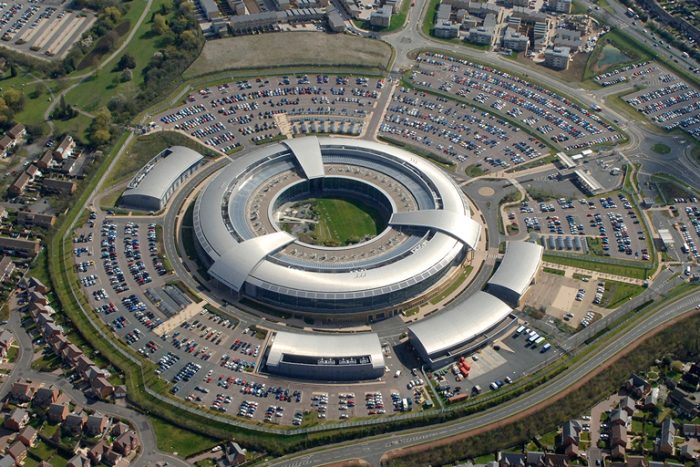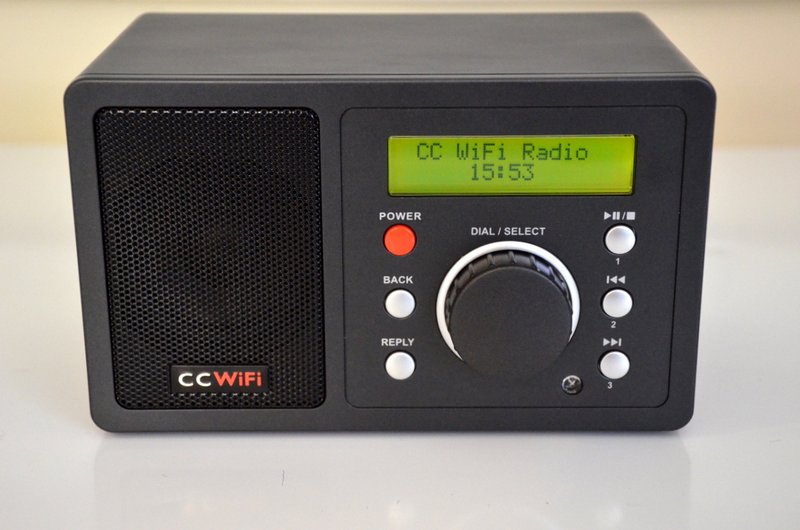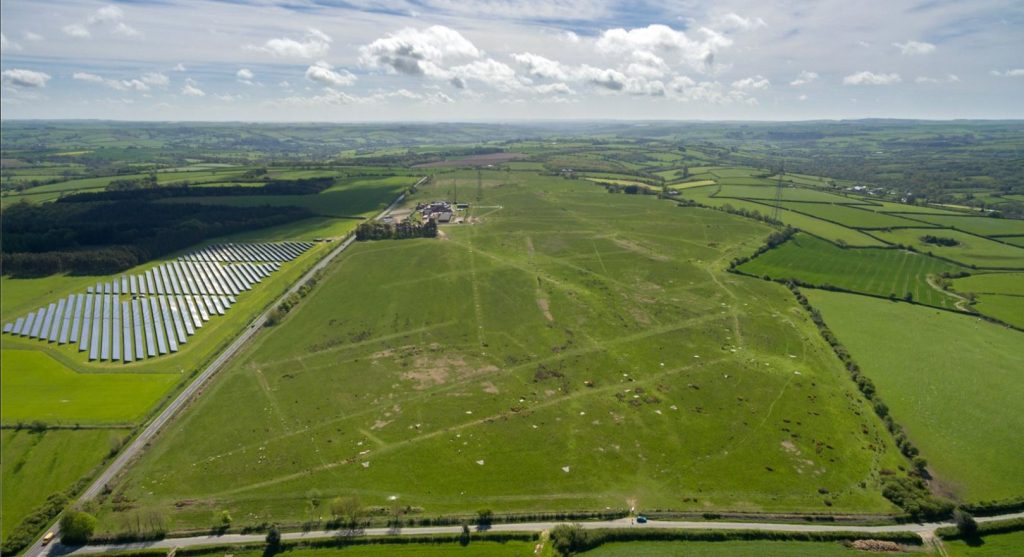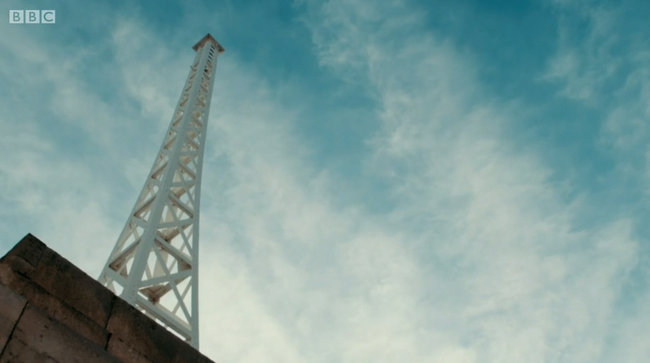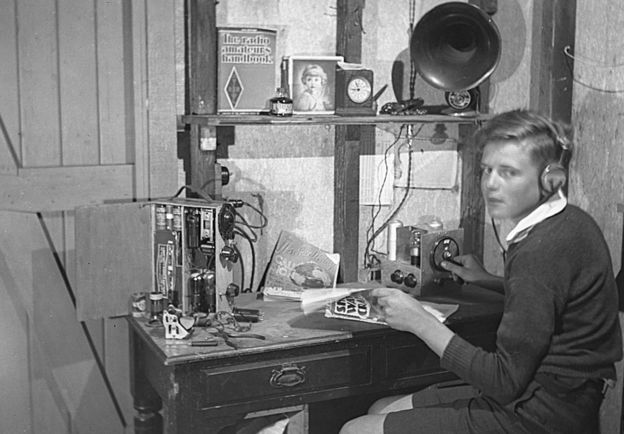Many thanks to SWLing Post contributor, Kris Partridge, who writes:
You recently posted about the on going GCHQ exhibition at the Science Museum here in London.
I now offer you two more GCHQ items. Both radio related.
How Scarborough saved the world
The Secret History of GCHQ
Stories from the intelligence agency’s hidden past – and how it’s been listening in for the last 100 years. With BBC security correspondent Gordon Corera.
Click here to listen online (when available).
This will be transmitted tonight at 20h00 London (BST, UTC +1) that’s at 15h00 East Coast time! This will be available after TX on BBC Sounds, the replacement for BBC iPlayer radio.
The second, also radio related, is/has US interest:
GCHQ’s secret hilltop site in Scarborough revealed as having pivotal role in Cuban missile crisis
he pivotal role in the Cuban missile crisis played by a secret outpost of GCHQ in Scarborough has been revealed.
The task of the tiny bunker on the North Yorkshire coast, described by staff as dank and often smelly, had been to monitor the Soviet Baltic fleet and merchant shipping in the northern hemisphere.
In 1962 this somewhat unglamorous job for Britain’s cyber spy agency was thrust into the centre of world affairs as tensions between the West and the Soviet Union threatened to escalate into nuclear war.
On October 16, 1962, US President John F Kennedy had been told the Soviet Union was secretly shipping nuclear missiles to Cuba, just 90 miles off America’s south eastern coast.
US forces established a naval blockade, preventing the arrival of any ships, but some Soviet vessels were already on their way to the island. Any confrontation between the two naval forces risked escalation into nuclear war.
The operators in the Scarborough bunker were able to intercept the Soviet ships reporting back their position and establish where they were heading.
“Traditionally just another task at the bottom of Scarborough’s priority list, suddenly escalated to the very top priority for British intelligence,” Tony Comer, GCHQ’s historian told the BBC.[…]
Click here to continue reading the full story at The Telegraph.
Scarborough’s role in the Cuban missile crisis revealed
A secret base in Scarborough played a key role in resolving the Cold War’s Cuban missile crisis, it can now be revealed.
Up on a hilltop, not far from a caravan park in England’s North Yorkshire coast sits what is believed to be the longest continually running listening station in the world.
The GCHQ base at Scarborough was established just before World War One because its position was ideal to intercept German naval radio signals in the North Sea.
During World War Two, it helped locate German U-boats in the Atlantic. By the Cold War it shifted to monitoring Soviet communications.[…]
Click here to read the full story at the BBC.
I hope, for you in time to hear it “live”, and the online version for your blog readers.
I managed to do just that, Kris! Thank you so much for sharing these links and stories. I especially look forward to the Radio 4 piece later today.

